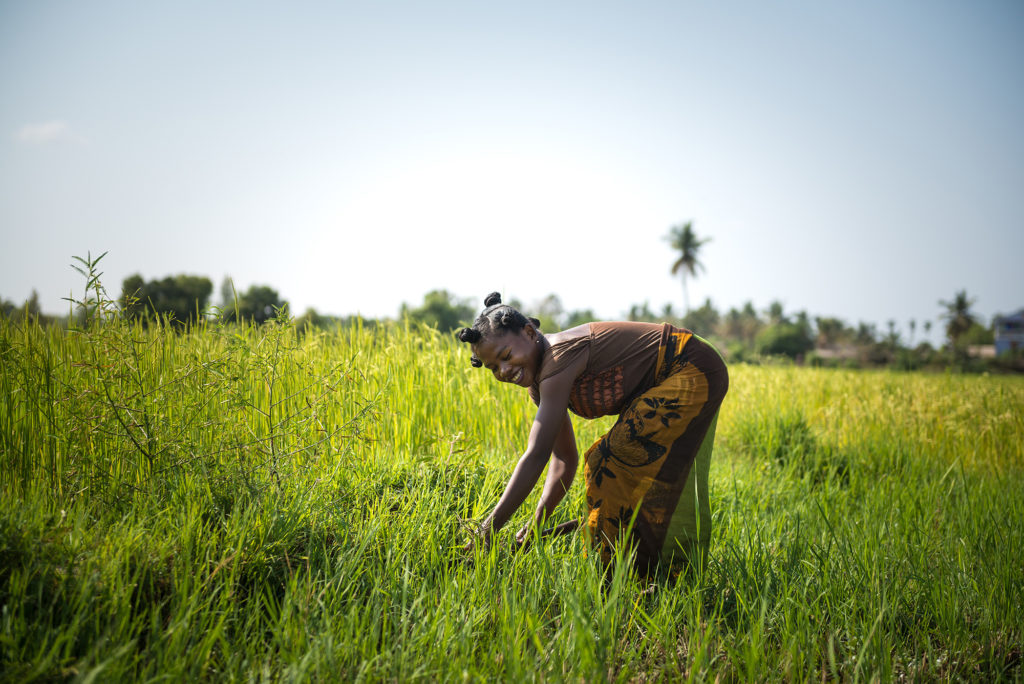Welcome
In this course, we will go on a journey to Africa and and discuss what are the challenges and outlooks for sustainable development on the continent. The course introduces you to the key approaches, policies and international frameworks that aim to unlock more sustainable patterns of consumption and production (SCP).
We will cover a number of aspects and various thematic areas: from energy efficiency – to climate-smart agriculture, from SCP tools, policies and international agreements – to behavioral change of individuals.
Our path consists of five modules, each divided into several lessons. For more information on the course structure, methodology, learning objectives and completion requirements, please download the course syllabus. If you encounter any technical difficulty or if you have any questions, please consult our help page.
What you will learn
After completing the course, participants will be able to:
- Define the concept of SCP and explain its value for Africa and globally
- Distinguish key elements of effective policies for SCP
- Discuss how can SCP be advanced in specific sectors and areas
- Explain the role of consumers and individual choices for SCP
- Identify global and regional initiatives that promote SCP
The course at a glance
- Module 1: Introduction to SCP: Definition, Rationale and Fundamentals
- Module 2: Designing and Implementing National SCP Policies and Action Plans
- Module 3: Applying Policies for Sustainable Production: Addressing the Supply Side
- Module 4: Applying Policies for Sustainable Consumption: Addressing the Demand Side
- Module 5: International and Regional Collaboration to Achieve SCP

Patrick Mwesigye. Regional Coordinator, Resource Efficiency and Sustainable Consumption and Production (SCP), Regional Office for Africa, UN Environment
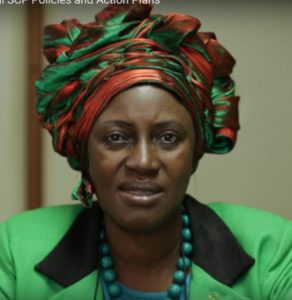
Alice Kaudia. Co-Founder and Executive Director, Eco entrepreneurs Ltd., Former Environment Secretary, Ministry of Environment, Natural Resources and Regional Development Authorities, KENYA, and Co-Chair: Green Growth Knowledge Platform (GGKP)
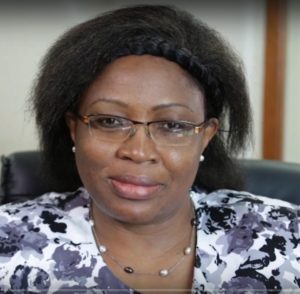
Jane Nyakang’o. Director, Kenya National Cleaner Production Centre (KNCPC) and President, African Round Table on Sustainable Consumption and Production (ARSCP)
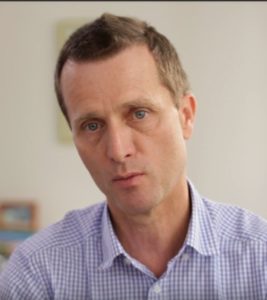
Charles Arden-Clarke. Head, 10YFP Secretariat, Sustainable Lifestyles, Cities and Industry Branch, UN Environment
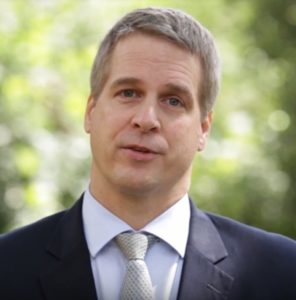
Dirk Wagener. Coordinator, Resource Efficiency & Sustainable Consumption and Production, UN Environment
Methodology
The course is adapted for adults and particularly suitable for anyone working (or interested in working) in the field of sustainability, climate change, resource efficiency, rural or urban development, community engagement, policy development, training and capacity development, or international cooperation.
Participants are provided with the opportunity to learn through various experiences: absorb (read and watch); interact (lessons), and reflect (quizzes and exercises).
To successfully complete the course and gain a certificate of completion, participants have to obtain a passing grade of 70% or above on all 5 assessment quizzes (3 attempts are allowed for each quiz).
Partners
Special thanks to the UN Environment and the SWITCH Africa Green project, funded by the European Parliament, for supporting the development and delivery of this course.

